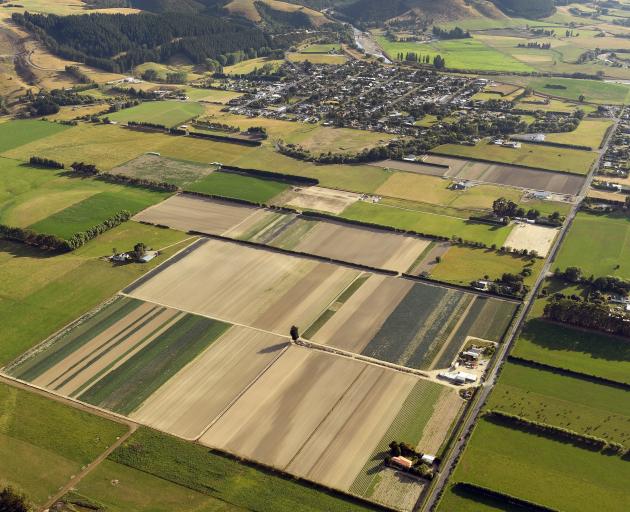Destination shopping reliant on people’s ease of access

The plan proposed by the Dunedin City Council to encourage people to return to shopping in the main street seems to be devised around the concept "you can come but don’t bring your car".
The council appears to have failed to recognise that the George St shopping precinct is a destination shopping centre, and as such, needs to provide easy access for customers.
No developer would build a shopping mall with only a provision of limited parking. In fact, the council’s own regulations would prohibit this. Why then does the DCC persist with the notion that cars are "a social bad" and must be "reduced by 50%" (according to the Central City Plan) or removed from the central city streets altogether (in some plans for George St Renovation under consideration)? ...
...
Traffic congestion and lack of parking are the most significant
barriers that many Dunedin shoppers who would like to spend more time in
the CBD face. Are all of the 3000 parks within 500m as quoted by the
DCC freely available to the public at any time, not leased or restricted
other than time or metering restrictions? ...
... How often have we seen
the DCC fail to rein itself in, spend money on remedial work, or
disestablish a no-longer relevant department or position? ...
Public transport is not frequent enough to encourage widespread use during the day or the weekend, the very time shoppers are most likely intending to travel to the central city. The bus hub is a great idea, but in the wrong place.
Interestingly, the designated stops in the bus hub have resulted in those travelling into the city to visit the council offices or library from southern areas having only the option to alight at the Princes St stop at Dowling St, or the last stop in the bus hub by St Andrew St. Is that convenience? Whilst some may say this is only three blocks away, most bus stops are much more frequent than that and for the disabled or elderly, this is a substantial obstacle.
No wonder public transport is not working well in Dunedin.
... When public consultation for the George St precinct opens it will be very important for Dunedin ratepayers and affected businesses and permanent residents to make their opinions known to our council and elected councillors in a considered, rational and thoughtful way so that a democratic decision results in changes that are right first time for everybody.
The whole article is here, followed by comments by 4 readers: https://www.odt.co.nz/opinion/destination-shopping-reliant-people%E2%80%99s-ease-access
Comments
You are right on the money Pat.
Hawkins a totalitarian.
He doesn't believe in leading with the people's needs in mind.
He believes in leading with his ideology, foremost, in mind.
We need independent transport because of population numbers and geographical separation.
It will be nice when these vehicles can be powered by renewables but
even then we will need independent transport that no public service
could ever replace.
Very well written! Kudos! We need to sign the petition at https://www.petitions.nz/contact/267924 to send these clowns back to the circus!
@Pat - I'm still waiting for the cyclists to come. Barely anyone uses those ridiculously expensive cycle lanes the council installed - at our great expense - throughout the city.
As for buses, I live on a busy bus route, and most buses that go past my door are virtually empty.
In short, we love our cars. Nobody wants to cycle or bus.
This will become even more obvious with winter coming on.


You raise some very good well thought out points Mr Race. Unfortunately I fear the council will push on with their plans regardless. They and many of their voters believe that if you build it, they will come. If you build a bridge to nowhere people will want to cross it. If you build cycle lanes people will want to cycle. If you provide a passenger train every commuter will use it. Putting more busses on the roads will make people want to ride them. The council do not believe in supplying services as the demand dictates but rather demanding people use the services that they dictate. When Mr Hawkins was recently elected he was asked if would still travel to China at ratepayers expense despite its environmental impact. He said he would do so because he believes it is only systematic change from the top that can change things and that individual mitigation has little to no impact. He intends to force his ideology onto the people of Dunedin by making systematic changes regardless of what individuals want.